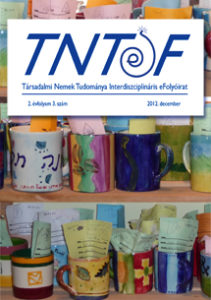Feminism(s) and Democraci(es)
Main Article Content
Abstract
In this paper I examine some aspects of the intricate relationship between democracy and feminism. First, I look at the different responses liberal, radical and postmodern feminisms give to the questions related to women’s democratic representation and participation. I address some special issues participative and deliberative democracy theories raise for feminist theories. In the second part of the paper I examine how differing conceptions of the public and private spheres and differing democratic traditions shape feminist identities in three different geographical regions. I compare British- American activist feminism with Scandinavian state feminism and East- Central European, post-socialist, ’shy feminism’. The short overview aims at calling attention to the historical and geographical plurality of democracies and feminisms.

